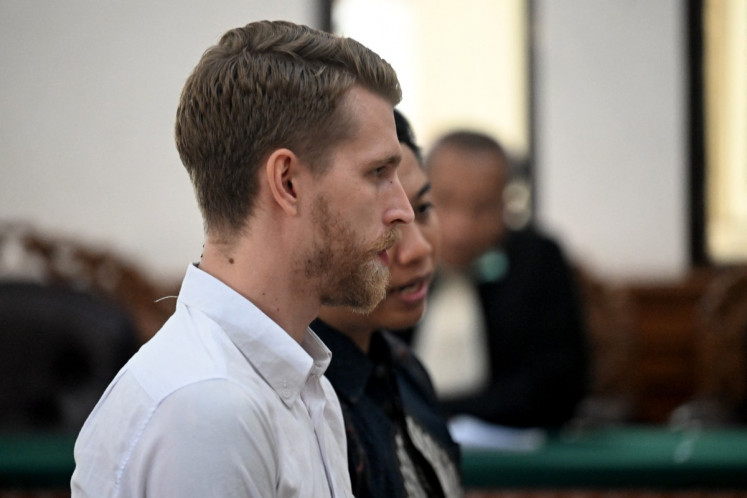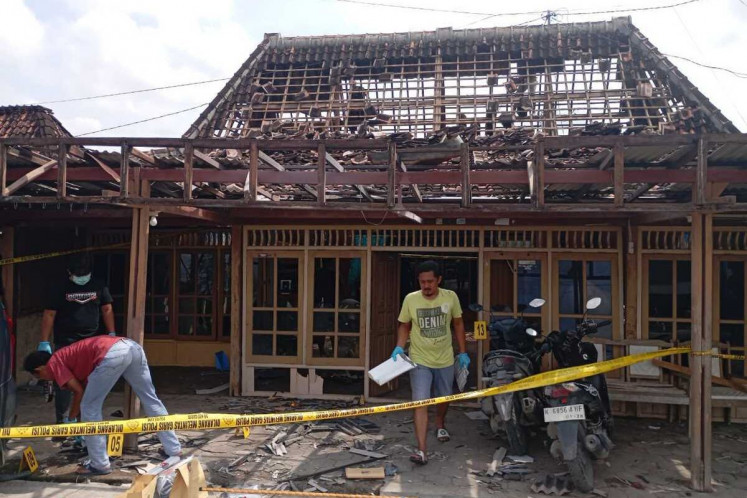Popular Reads
Top Results
Can't find what you're looking for?
View all search resultsPopular Reads
Top Results
Can't find what you're looking for?
View all search resultsThe future of learning: How should education evolve?
How can Indonesia’s education system evolve to prepare students for a world that is changing faster than ever before?
Change text size
Gift Premium Articles
to Anyone
“We still need around nine million digital talent by 2030,” Rudy Salahuddin, an official from the Office of the Coordinating Economic Minister, told a media briefing in December 2023 on how to develop the digital economy.
The rapid advancement of technology had resulted in a shortage of qualified talent in the country, and Rudy said skilled workers in fields such as programming, software engineering, software development, cloud computing and artificial intelligence were all needed.
But others caution that it’s difficult to anticipate the kind of workers the market will need in the coming decades.
“In the next 10 years, it may be that the roles available in the job market will be something we haven’t seen before, due to the rise of technology,” said Dita Aisyah, cofounder of Binar Academy, an institution that provides digital upskilling opportunities for professionals.
Will Indonesia’s students be ready to enter the future workforce?
Education reform
According to the World Economic Forum, some 50 percent of workers will need new skills by 2025 due to increased technology adoption, including complex problem-solving, critical thinking, creativity, people management and the ability to coordinate with others.



















